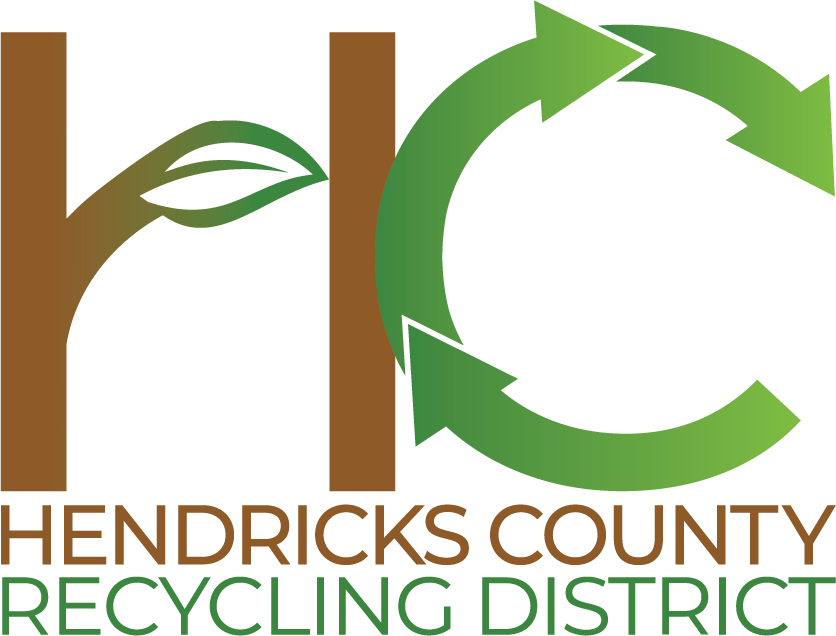Why Does it Matter?
Enjoy fishing, swimming, boating or any other water sport in Indiana? Then, you should be concerned about what you or your neighbors might be adding to our water supply either intentionally or unintentionally. Many items that we use in our everyday lives can be considered hazardous and if used, stored or disposed of improperly can affect the health of our environment and also your family’s health. When improperly used, stored or disposed of, these materials enter our sewers, septic tanks, ground and surface water. Once in our water system, these products are very difficult and expensive to remove. Of most recent concern are the unintended consequences of improper disposal of pharmaceuticals and fertilizers. Aquatic life and drinking water have both been affected. These hazardous products can also negatively affect those in your home. Children are at greatest risk of accidental poisoning from some of these products. Many of the hazardous products we use on a daily basis look or smell attractive to kids and pets.
What Should You Do?
First, you need to know how to identify a Household Hazardous Material. On the front of most hazardous product labels you will see a signal word in big, bold letters that may say “Caution,” “Warning,” “Danger,” or “Poison.” If your product has one of those words on it, it is a hazardous product and should used, stored and disposed of properly. Also, follow the usage and disposal instructions on the packaging. Have leftover chemicals that you want to get rid of? That’s where we come in! The Hendricks County Solid Waste Management District offers four Tox-Away Days each year for residents to properly dispose of household hazardous materials and pharmaceuticals they no longer want or need. We accept these items free of charge. For a complete list of accepted items visit our website or call us at (317) 858-6070.
Dig Deeper.
One of the questions you should ask yourself when it comes to household hazardous materials is: “Do I need it?” Sometimes the answer is “no” or “not as much”. Many times there are great, less toxic or non toxic alternatives to the products you currently buy and you can even save tons of money making your own (in the case of cleaning products). If you are interested in learning to make your own cleaners, the District has books and even a movie for loan. Contact us for more information. When buying things like fertilizer, pesticides, pool chemicals, driveway sealer and paint, buy just what you need to get the job done. Remember: just because you use more does not necessarily mean you get better results.

